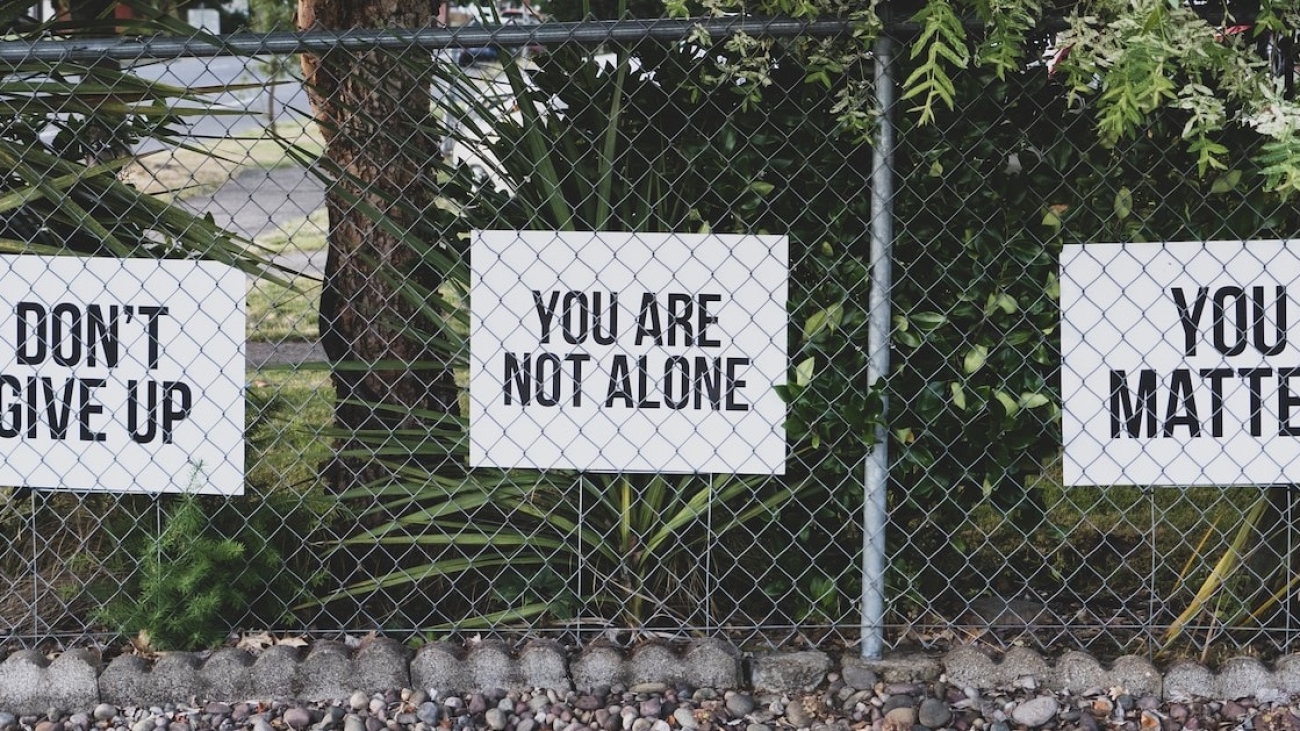Imagine you are changing you young sons diaper and he says, “Y’know, when I was your age I used to change your diaper”. Well, this is actually what happened to Ron Taylor, the father of, then eighteen month old, Gus Taylor.
This would be just the first of many such strange instances where young Gus would know things about his grandfather’s life. He seems to genuinely remember his past life as his own grandfather, August. The young Gus was named after his grandfather who had died just a year before he was born. And whenever anybody brought up his grandfather, little Gus would always ask if they were talking about him.
When he was four years old his grandmother died and his parents brought home a photo album. Despite never having seen his grandfather, Gus was able to point him out in pictures. He also correctly identified his grandfather first car. During one family dinner Gus was asked if his grandfather had any siblings. Now this was potentially a trick question. But, Gus said he had a sister who passed away. As Gus put it, “Yeah she turned to a fish, she died, some bad guys”.
This statement left his father in shock as this death had happened long before Gus was born and was a family secret. Indeed, Gus’s grandfather’s sister was murdered and dumped in the San Francisco Bay. Perhaps he saying she was a fish was his way of expressing that she was found in San Francisco Bay.
Over time Gus was able to share so much information about his grandfather’s life that his parents became convinced that he was the reincarnation of his own grandfather. At one point he said, “You know mum, when we die we get to come back. I used to be big and now I am a kid again”. Young also Gus explained that God had given him a ticket and by using it he was able to come back to life as his own grandson.
The story of Gus Taylor is briefly covered in the (UK) Channel 5 Documentary called ‘Extraordinary People: The Boy Who Lived Before’. In 2006 Dr. Jim Tucker of the DOPS investigated the case of Cameron Macaulay. Although having lived exclusively in Glasgow, Scotland, Cameron had memories of a past life on Barra, an island in the Outer Hebrides. He also mentions Gus’s story. Interestingly, both boys recount falling through a ‘hole’ or ‘porthole’ from one life to the next.
I am an award winning Past Life Regression specialist. If this is something you are interested in then contact me.






